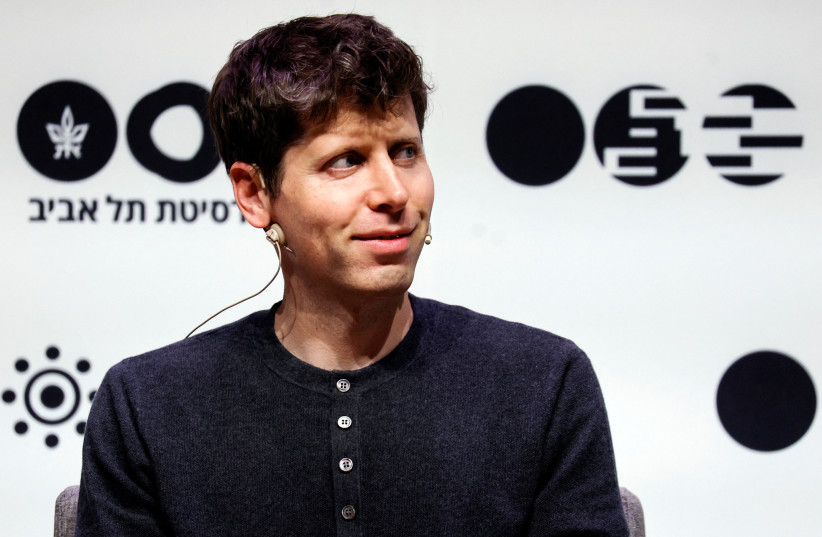Following the sudden dismissal of Sam Altman, the now famous CEO of ChatGPT creator OpenAI, the role has now been filled by its previous chief technology officer, Mira Murati.
In July 2023, Wired conducted an interview with Murati that was published on November 17, given the news of Altman's departure.
Murati begins by describing the path that led her to the company she now runs, having previously worked for Tesla and various AI companies.
“The last and most important major technology that we built”
Describing her conviction that the development of artificial general intelligence may be “the last and most important major technology that we built,” Murati says how she found herself drawn to OpenAI, a company she described as "the only organization at the time that was incentivized to work on the capabilities of AI technology and also make sure that it goes well.”
When asked about the decision to transform OpenAI from a nonprofit to a product based company, she confesses that it was not a decision taken lightly. She explains that investor funding for a product would surely have been far greater than anything nonprofit donations could have supplied.

Murati is not shy about the magnitude of the task of producing an effective, yet safe, AI technology. “It’s going to change entire industries; people have compared it to electricity or the printing press,” she says.
Nevertheless, she does not believe there is any value in attempting to prevent such technology from making an appearance. “It's futile to resist it. I think it's important to embrace it and figure out how it's going to go well.”
